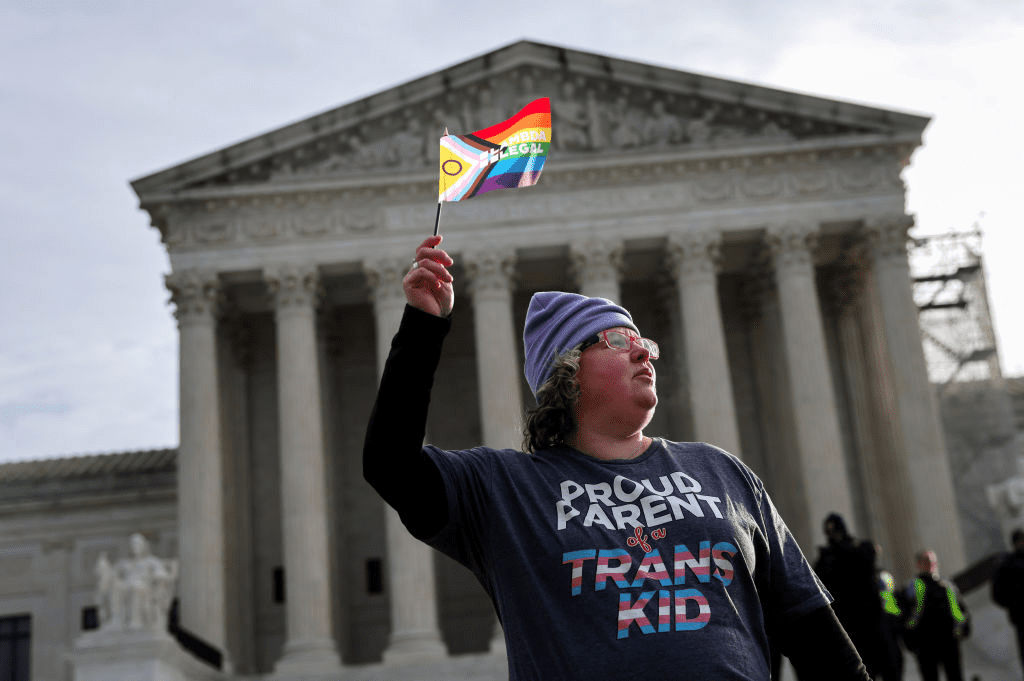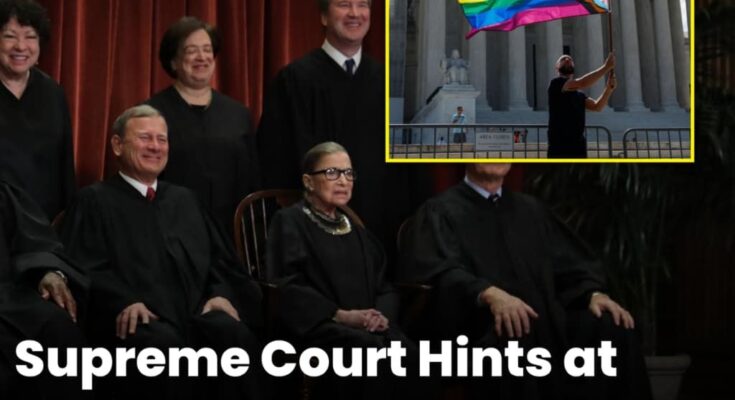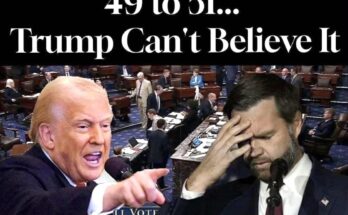The U.S. Supreme Court heard oral arguments on October 7, 2025, in a case that could redefine how far states can go in regulating what therapists say to their clients. The challenge, brought by a Christian counselor through the conservative legal group Alliance Defending Freedom, targets Colorado’s 2020 ban on conversion therapy for minors — a law that forbids licensed therapists from attempting to change a young person’s sexual orientation or gender identity. The hearing has sparked intense debate nationwide as justices appeared divided over whether the state’s restriction infringes upon free speech protections guaranteed under the First Amendment.

Chief Justice John Roberts, often seen as the ideological center of the Court, voiced skepticism about whether Colorado’s law treats “talk therapy” as a form of medical conduct that can be regulated or as a protected act of expression. “Just because they’re engaged in conduct doesn’t mean that their words aren’t protected,” Roberts noted, emphasizing that the line between therapy and speech is not always clear-cut. His comments drew attention from across the political spectrum, with free speech advocates hailing his remarks as a defense of constitutional rights, while LGBTQ+ groups expressed alarm at what they view as a potential rollback of critical protections for vulnerable youth.
Colorado’s law was enacted in 2020 after years of advocacy from medical professionals and LGBTQ+ rights organizations who argued that conversion therapy is not only ineffective but psychologically damaging. The American Psychological Association, along with major medical associations, has consistently denounced the practice as harmful, citing extensive research linking it to higher rates of anxiety, depression, and suicide among LGBTQ+ youth who are subjected to it. “This isn’t a question of free speech,” said Dr. Christina Yang, a Colorado-based psychologist and advocate for the ban. “This is about protecting kids from practices that have no scientific validity and cause real harm.”

However, the counselor behind the challenge argues that the ban restricts his ability to speak freely with clients about faith and sexuality. Represented by Alliance Defending Freedom, the plaintiff contends that voluntary conversations about gender or sexual identity — when initiated by a client seeking religious guidance — should not be punished under state law. The group has characterized the ban as “government overreach” that dictates which viewpoints therapists are allowed to express. Their argument hinges on the belief that restricting such discussions is not protecting children but censoring religious expression.

Outside the Supreme Court, demonstrators gathered on both sides of the issue. One side carried rainbow and progress pride flags, chanting “Protect LGBTQ Youth,” while a smaller group of counter-protesters waved signs supporting religious liberty. The imagery reflected the broader national divide over the intersection of faith, speech, and identity. Protesters on both sides agreed on one thing — that the Court’s decision could have far-reaching consequences for free speech and child welfare laws across the country.
If the Court were to strike down Colorado’s ban, it could effectively invalidate similar laws in more than 20 states and the District of Columbia that prohibit conversion therapy for minors. Legal experts say the ruling could also open the door to new challenges against other professional regulations that restrict speech-related practices, including gender-affirming care discussions. “This case is about much more than therapy,” said legal analyst Jeffrey Toobin. “It’s about whether the government can draw a line between speech and conduct when someone’s profession involves both.”

As the case unfolds, the Supreme Court’s decision is expected to set a major precedent, either reaffirming states’ authority to protect minors from psychological harm or expanding First Amendment protections for licensed professionals engaged in verbal counseling. For LGBTQ+ advocates, the stakes are personal — they see the case as a test of how much the country has learned from decades of scientific evidence and lived experience. For free speech defenders, it’s about ensuring that government power doesn’t extend into private conversations.
The ruling, expected later this term, will mark a defining moment for both the LGBTQ+ community and the broader debate over constitutional rights in modern America. Whether the Court ultimately upholds or overturns Colorado’s ban, the outcome will reverberate far beyond one state — shaping how future generations interpret the balance between liberty, faith, and protection under the law.


